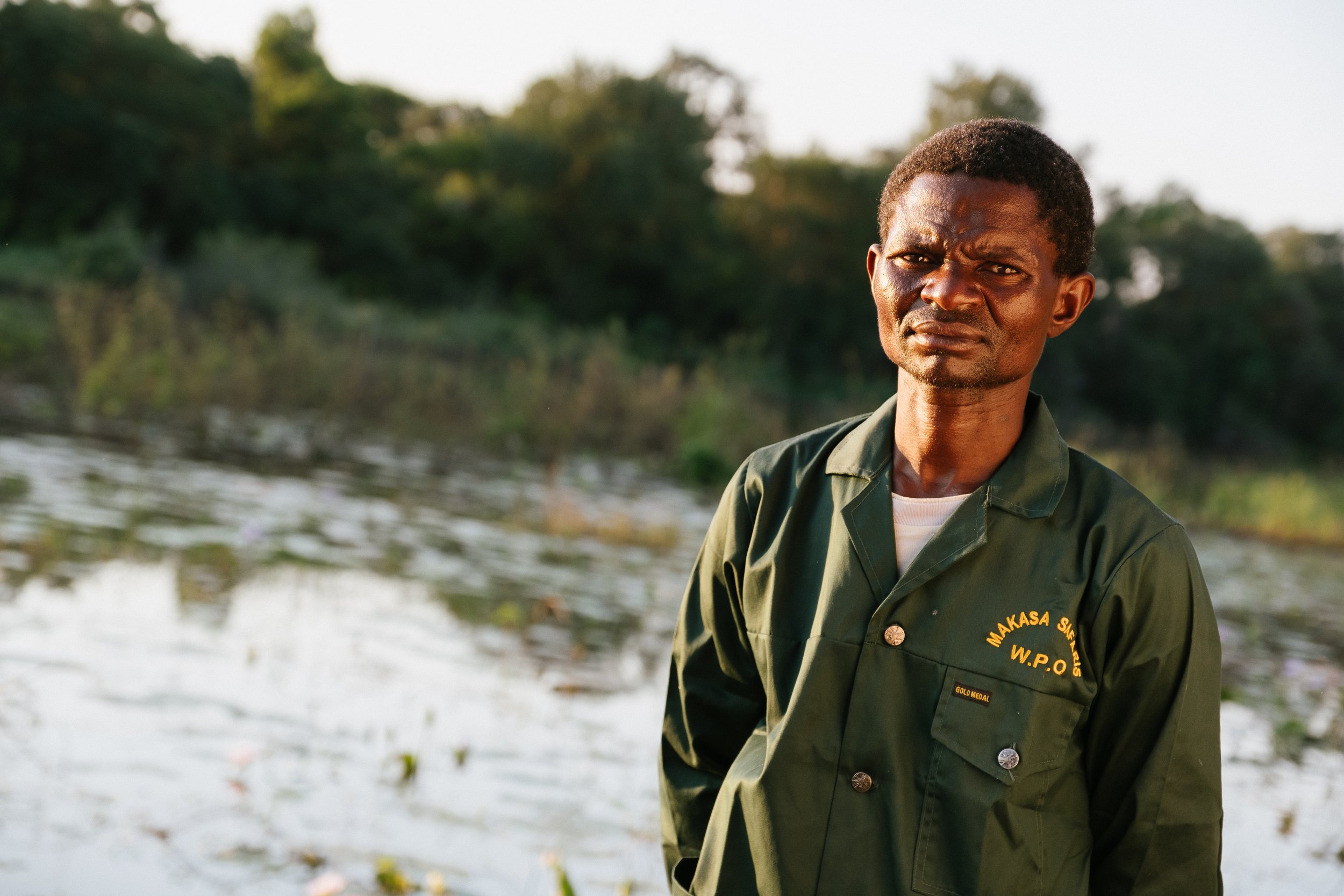Killing the Shepherd
It’s easy to demonize poachers. Nameless, faceless monsters who appear and disappear into the wilderness hunting down flora and fauna without care or regard for what they are doing to the ecosystem around them. It’s harder to put a name and face to them, not least because they frequently hide themselves but more so because that requires some measure of understanding of them and why they do what they do. They are not pure nihilists, director Thomas Opre observes (among many pieces of the international animal trade), but mostly so poor and desperate that morals or larger cares beyond survival have become luxuries they can’t afford.
Traveling throughout Zambia and interfacing directly with both poachers and a handful of villages which serve as their base of operations Opre’s Killing the Shepherd attempts to show not just the causes but the effects of poaching on everyone who touches it – victims and assailants alike. The poachers who kill animals (and humans as needed) do so not out of cartoonish villainy but out of desperation which requires complete compartmentalization of what they are doing from how they view themselves. More importantly Opre’s lens focuses up the chain on the tracts of money which ultimately tempt such individuals and force them to do what even they themselves admit they find distasteful and would rather stop if they thought they could.
Not that this is his sole or even most important focus. Opre makes certain to place African poaching in its proper context, explaining not just the forces behind it but making the clear the real danger it does to the environment as species extinction is sped up and ecosystems begin to break down. Though it gives only a brief history of how the modern, nearly industrialized version of the act (historically a capital crime, now less so) came about, Shepherd makes sure to focus on the various first world drivers which make it palatable. There is just too much money to be made at it, and not enough from the few other industries available in Africa, for it to ever go away.
But that doesn’t mean people won’t try, and it's in that attempt that Shepherd finds its heart and soul. Focusing on a single village in Zambia, Opre traces its attempts to combat the epidemic of poaching even while admitting how tempting the money is to everyone given the general poverty in the area. Ultimately the brave chief trying to be the change pays the price from unknown person and persons who fear change and/or the end of their livelihood. It's an unnerving comparison to similar first world issues where those who fear change stand against it but refuse to face a battle of ideas. Worse than that, however, is the nihilistic acceptance of the act by the citizens of the village as if there is little to be done about it.
There’s not a lot of hope in Killing the Shepherd but there can’t always be; the nature of documentary is that exposes the world to us as it is, not necessarily the way we wish it was. And while Opre definitely has a point of view about poaching, he also takes an expansive view of the world it exists in and the responsibility we all have in dealing with it. It’s easy to demonize poachers but if that’s all that is done then nothing will ever change about it. The hard take is that not only the poachers but the inactivity of society which allows them are the real demons. Until something is done about that, all of the worst elements of sicety will always be with us.




